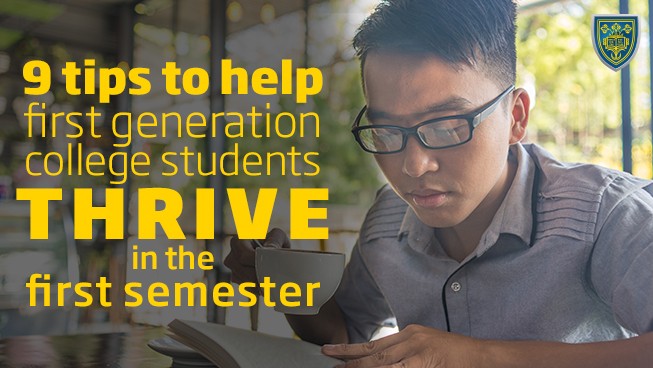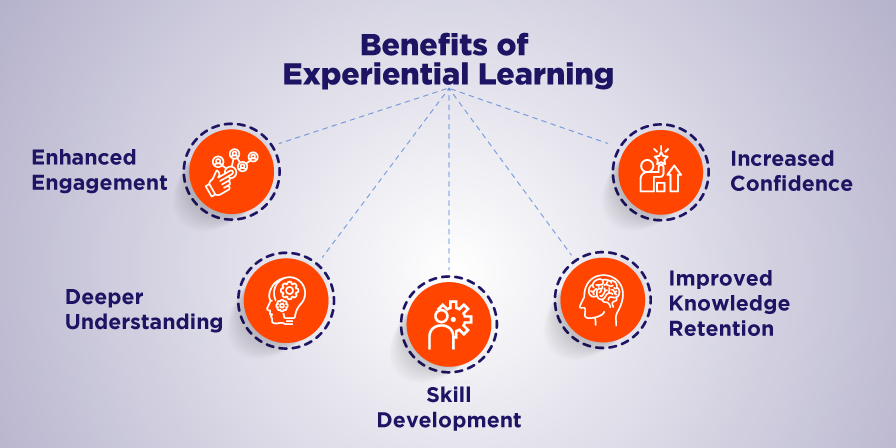Embarking on the collegiate journey is a monumental transition, a leap from the familiar structures of high school into a landscape brimming with newfound independence, academic rigor, and a vibrant tapestry of social opportunities. For first-year college students, this period is often a exhilarating blend of excitement and trepidation. Navigating this exciting yet challenging terrain effectively requires more than just academic prowess; it demands a strategic approach to time management, self-care, and engagement with the broader university ecosystem. By embracing certain key strategies, new students can not only survive their inaugural year but truly thrive, laying a robust foundation for future academic and professional success.
One of the most critical adjustments for first-year students is mastering the art of self-directed learning and time management. Unlike high school, where schedules are often tightly structured and assignments are frequently checked, college life demands a significant degree of autonomy. Professors provide syllabi, assign readings, and set deadlines, but the onus is entirely on the student to manage their time, complete coursework, and prepare for exams. This newfound freedom can be liberating but also overwhelming. Successful students quickly learn to create a personal schedule that balances classes, study time, extracurricular activities, and essential self-care. Utilizing tools like planners, digital calendars, or even simple to-do lists can be incredibly effective. The key is to break down large assignments into smaller, manageable tasks and to allocate dedicated, distraction-free blocks for studying, rather than succumbing to the allure of last-minute cramming.
Beyond academic scheduling, cultivating effective study habits is paramount. College coursework is often more demanding, requiring deeper critical thinking and analysis than rote memorization. Active learning techniques, such as summarizing readings in your own words, creating flashcards for key concepts, joining study groups, or even teaching concepts to a peer, can significantly enhance comprehension and retention. Engaging with professors during office hours is another invaluable, yet often underutilized, resource. These one-on-one interactions provide opportunities to clarify complex topics, discuss assignments, and build meaningful relationships with faculty members who can offer mentorship and open doors to research or internship opportunities down the line. Remember, professors are not just lecturers; they are experts and potential allies in your academic journey.
Navigating the social landscape of college is equally important for overall well-being and success. While academics are the primary purpose, a rich social life fosters a sense of belonging and provides a crucial support system. Make a conscious effort to step out of your comfort zone and connect with new people. Attend orientation events, join clubs and organizations that align with your interests, or simply strike up conversations with classmates. Whether it’s a student government association, a sports club, a cultural group, or a volunteer organization, these affiliations offer avenues for making friends, developing leadership skills, and exploring passions outside the classroom. Remember that everyone is in a similar boat, seeking connections, and a friendly initiative often goes a long way.
However, amidst the excitement of new experiences, it’s vital for first-year students to prioritize their physical and mental health. The transition to college can be stressful, and it’s easy to fall into unhealthy habits, whether it’s neglecting sleep, relying on unhealthy food choices, or over-committing to activities. Ensure you get adequate rest, eat balanced meals (even if it means navigating the dining hall strategically!), and find healthy outlets for stress, such as exercise, meditation, or spending time in nature. Most universities offer a wealth of support services, including counseling centers, health clinics, and academic advisors. Don’t hesitate to utilize these resources if you feel overwhelmed, anxious, or are struggling academically. Recognizing when you need help and proactively seeking it is a sign of strength and maturity.
Finally, embrace the opportunities for exploration and growth that college uniquely offers. Your first year is not just about fulfilling course requirements; it’s about discovering new interests, challenging your perspectives, and developing a more profound understanding of yourself and the world. Take an elective course outside your planned major, attend guest lectures, engage in debates, and expose yourself to diverse viewpoints. This period is a prime chance to expand your intellectual horizons and perhaps even stumble upon a passion you never knew you had. Be open to change, be resilient in the face of setbacks, and view every experience—academic, social, or personal—as a valuable learning opportunity. By approaching their first year with a blend of preparedness, openness, and a commitment to self-care, college students can transform this daunting transition into an incredibly rewarding and formative chapter of their lives.




